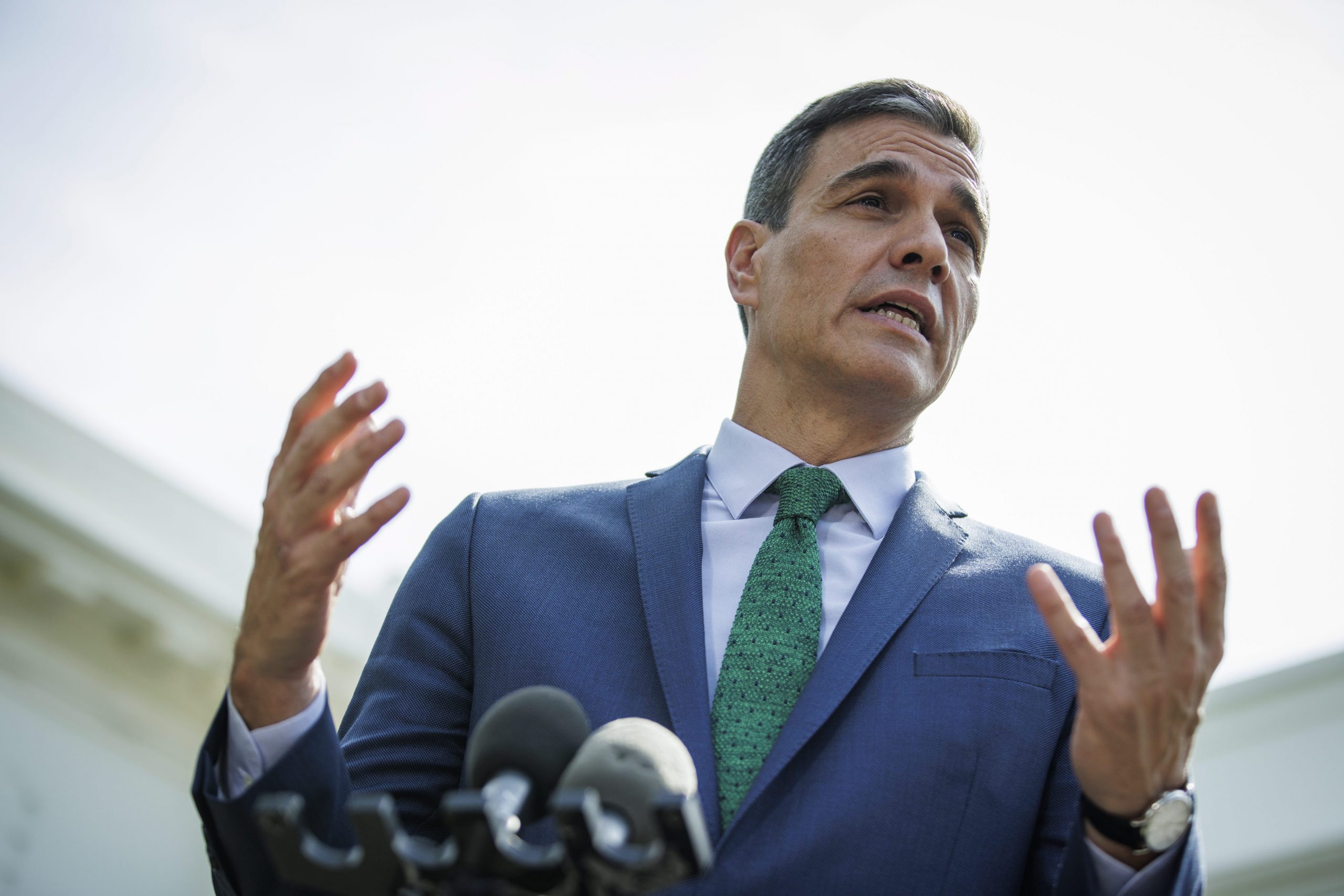DESPITE the inconclusive result of Sunday’s general elections in Spain, and the difficult if not impossible task ahead for political parties of reaching a deal to form a government, caretaker Prime Minister Pedro Sanchez insisted yesterday that a repeat vote would not be necessary to end the current stalemate.
“Spain is a parliamentary democracy with its time frames and its procedures,” the Socialist Party leader is reported to have said on Monday, according to sources close to him who spoke with reporters. “This democracy will find the formula for governing.”
Sanchez is also convinced that he will be able to repeat another term as prime minister, something that he managed to achieve in 2019 despite a similarly inconclusive result. In that instance, he formed a coalition with leftist Unidas Podemos, relying on smaller parties in Congress to pass legislation given that the joint administration lacked a working majority in parliament.
This time around, however, the arithmetic is a little more complicated. The winner of the elections was the conservative Popular Party (PP), but in contrast to the predictions from opinion polls, the group led by Alberto Nuñez Feijoo will not be able to form a coalition with far-right Vox, given that the two combined fell well short of a 176-seat majority in the 350-seat Congress.
According to reports in the Spanish press, Sanchez is in no hurry to seek a deal with other parties such as Sumar, the new leftist alliance that has absorbed Unidas Podemos among other parties, or indeed smaller pro-Catalan independence groups such as Junts pel Si (Together for Yes).
Instead, he is reportedly letting Feijoo try to seek his own deal, and is convinced that these attempts will fail. The PP leader repeatedly stated during the election campaign that the most-voted party should be allowed by other groups to govern.
‘Stability’ and not ‘ungovernability’.
Feijoo on Tuesday said that it was his ‘duty’ to continue trying to form a majority in Congress, because Spain ‘deserves stability’ and not ‘ungovernability’.
The Basque Nationalist Left (PNV) party, however, has already stated that it will not consider any kind of deal with the PP given that such an agreement would involve far-right Vox.
So far the regional Navarrese People’s Union (UPN) and Canarian Coalition (CC) have pledged to lend their one seat each in support of the PP.
That will not solve Feijoo’s problems however. The PP took 136 seats at the polls while Vox took 33. The total of 169 leaves them seven seats short of the absolute majority of 176.
Feijoo also made clear on Tuesday that he will meet with representatives from the Socialist Party itself, although no one is holding out much hope that the two diametrically opposed groups could do any kind of deal.
“It’s very important that Spain send a message to Europe that the rotating presidency is something serious that Spain cannot squander,” Feijoo said on Tuesday, in reference to the country’s current Presidency of the Council of the European Union.
Read more:
- Spanish prime minister celebrates the ‘failure’ of the right at July 23 general elections
- After inconvenience of summer elections in Spain, repeat polls could fall at Christmas
- Leader of Spain’s far-right Vox party rails at media and Popular Party leader for poor showing at elections
Click here to read more News from The Olive Press.








